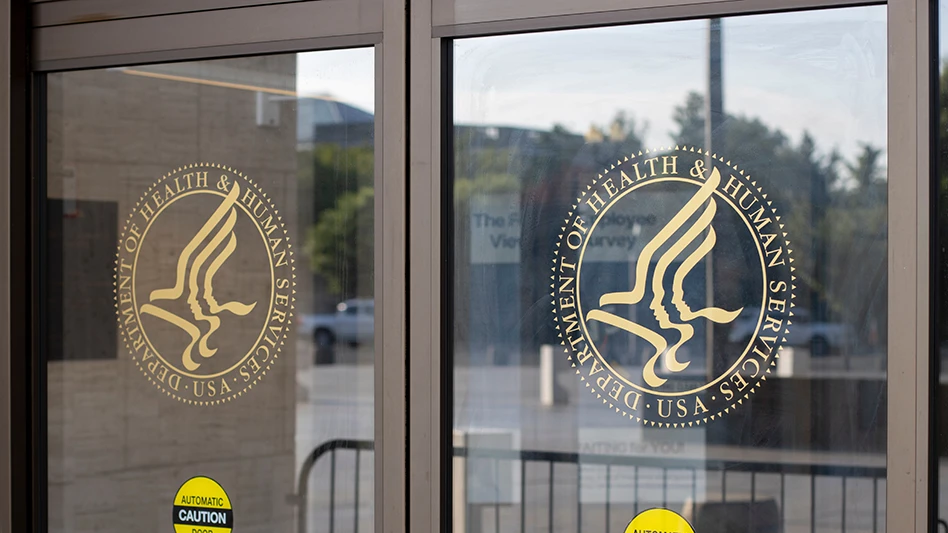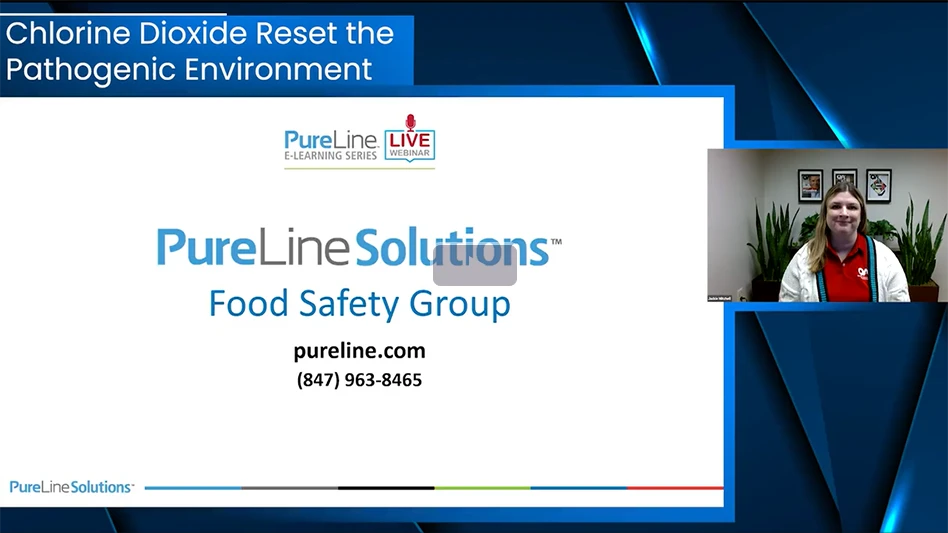
Not long ago, I was driving along a country road and saw a food stand with sealed glass home-canning jars, filled with carrots and a clear liquid. Were they processed pickles or an acidified food? Or were they low-acid food with a possible Clostridium botulinum concern? I was uncertain.
Then, two months ago, at a home-show in Pittsburgh, I saw displays of pet-food cookies and smoked pig ears made by mom-and-pop pet-food companies. I was unsure if the creators of the canine confections had conducted a validation test to prove proper pasteurization of the foods to destroy Salmonella.
If you have a great chili recipe that you think people will buy; if Grandma wants to sell her favorite raspberry habañero salsa; or if Uncle Joe decides to market his dried doggie dumplings, there are many things they will need to think about: deciding on a package, finding raw material suppliers, building business plans, creating nutritional labels, and determining a price for the product, among others.
But food safety and regulatory compliance are vital, too: registering a facility with regulators, understanding laws that apply, creating cleaning and sanitation practices, and processing the food product in a way that assures it won’t spoil before it is sold, and even more importantly, that it doesn’t contain any microorganisms that are harmful to public health.
A quick look at Grandma’s salsas and Uncle Joe’s dumplings shows that they have very different spoilage potential, packaging needs and possible pathogens that could be present. Additionally, there are very different food regulations that apply to each. While the salsa probably is considered an acidified food by FDA, the dried dumplings fall into a low-moisture category. Other recipes might be considered low-acid canned foods. Chili falls into USDA’s realm.
Where can entrepreneurs turn for help? Grandma and Uncle Joe need a processing authority to help sort it out and create products that are shelf-stable, compliant with regulations, and safe to eat.
What is a processing authority? The FDA “canned” food regulations contain a definition which states that processing authorities must be “qualified persons having expert knowledge” to ensure that “the type, range, and combination of variations encountered in commercial production shall be adequately provided for” (21 CFR 113.83). It seems like a tall order — and such persons are rare. But some state extension offices and universities offer process authority service; GMA also provides this service to members.
Process Authority Services. The process authority, either an individual or an organization, should be able to provide the following services, or be able to tell Grandma and Uncle Joe where they can turn for assistance.
- Regulations that apply to the product. Many foods are governed by FDA, and meat and poultry products by USDA. But it’s not as simple or straightforward as one might hope. Some products require food safety plans while others must have HACCP in the processing facility. Product pH and formulation determine further governing regulations. Low-acid foods (those with a pH greater than 4.6 and water activity greater than 0.85) are governed by regulations for which the aim is to prevent the deadly toxin, C. botulinum, and to prevent spoilage of products in the marketplace. Acidified foods are low-acid foods with an acid added to them, and regulations govern their production as well. Still other foods fall under the U.S. Food Code requirements. A process authority can help sort out the requirements of a given food and package.
- Process steps for making a safe food. Heat often is applied to a product to destroy organisms of concern in spoilage or public health. The time, temperature, pH, or other requirements for pathogen destruction for many microorganisms are known and are readily available to a process authority. If death rates of bacteria are unknown for a formulation, the process authority can assist in the designing of a study to find out. Time and temperature testing may be indicated for a specific package and process system used by Grandma or Uncle Joe. The data collection and report writing for such studies are offered by many process authorities.
- Recommendations for preventing food spoilage. Destroying pathogens is of the highest concern for any processor; spoiled product in the marketplace can be devastating to a business. If a product recall is required, it can destroy a brand. A process authority should know the requirements to prevent the growth of spoilage organisms in a food.
- Process changes that could lead to better quality. Have you ever followed the cook times in a home canning book? Grandma probably did with her habañero salsa. Yet those canning processes often can be made less severe if the pH of a product is lowered. A process authority could help Grandma understand pH adjustment as one variable of processing, provide testing, and suggest process limits to further optimize her process, reduce time and temperature effects, and improve the quality of her food.
- Information about courses to take. Acidified or low-acid food production requires specialized skills and training. Some is mandated by FDA and USDA. A Better Process Control School certificate, for example, is required for anyone who supervises acidified or low-acid processing. The process authority can direct you to such a course, which is conducted by the GMA Science and Education Foundation. Many process authorities already assist with teaching the course and are very familiar with the topics covered.
- Package testing to meet regulations. A “hermetic” seal is vital to protection of shelf-stable foods. Some package test requirements are specified in regulations, and others may be suggested by the process authority for a food package. Records are kept of such package tests, and ample suggestions are available for ways to take accurate, complete records.
- Assistance with informing regulators of your process conditions. Low-acid and acidified foods are governed by regulations that require that the preservation processes of those foods be provided to regulators in advance of processing. So Grandma can’t just start selling her prize salsa to the nearby winery today? Not until she registers and files with FDA. A process authority can help with this as well.
- Records that must be maintained. Uncle Joe may not know where to begin with regard to keeping process records. And this makes sense — few records need to be kept when making a recipe at home. Complete and proper recordkeeping can assist Uncle Joe to not only meet regulatory requirements, but to pin down causes of spoilage on a store shelf, if this is later found.
- What a regulatory official may request when entering the premises. Have you ever encountered a regulatory visit at your processing facility? Many process authorities have, and can provide advice on the kinds of questions that could be asked and the records that may be requested by an official who is at your doorstep.
- A detective’s approach to solving spoilage problems. No one likes seeing mold growth on the top of a food that’s been in the refrigerator for several weeks. Even worse is to see mold inside an unopened jar on the store shelf. The role of a Sherlock Holmes, to find the cause of the spoilage, can include suggestions for analytical testing of a spoiled food, microbiological examinations, a review of process records, and examination of processing steps. Many process authorities have assisted with spoilage examinations and can help manufacturers more quickly determine causes of spoiled product in the package.
An entrepreneur or established food processor can breathe a sigh of relief when he or she finds a competent process authority for their food product. When Grandma and Uncle Joe find theirs, they will be miles ahead in meeting the complex requirements of food safety and spoilage prevention for their treasured foods.
The author is GMA Senior Science Advisor.

Explore the June 2017 Issue
Check out more from this issue and find your next story to read.
Latest from Quality Assurance & Food Safety
- Kim Heiman Elected to Second Term as President of Wisconsin Cheese Makers Association
- FAO Launches $150 Million Plan to Restore Ukrainian Agricultural Production
- Pet Food Company Implements Weavix Radio System for Manufacturing Communication
- Penn State Offers Short Course on Food Safety and Sanitation for Manufacturers
- USDA Announces New Presidential Appointments
- FDA to Phase Out Petroleum-Based Synthetic Dyes in Food
- IFT DC Section to Host Food Policy Event Featuring FDA, USDA Leaders
- CSQ Invites Public Comments on Improved Cannabis Safety, Quality Standards






